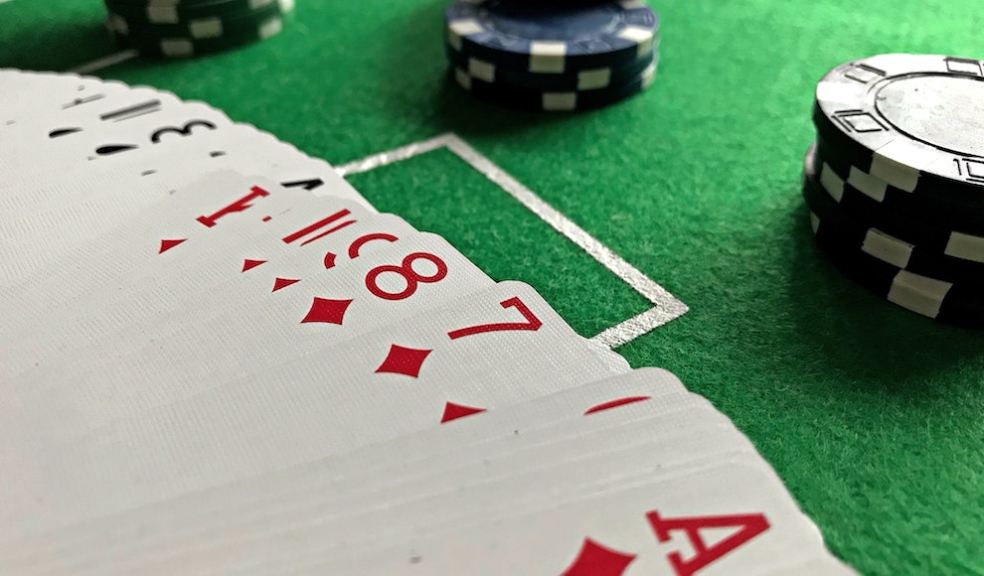
How gamestop has affected the gambling industry
Since 2017, almost all casinos in Europe have indicated in their descriptions whether or not the project supports a self-limiting system. That's why www.casinosnotongamstopuk.co.uk/casino-games/ business card states that gamestop is not supported. This means that even those who are somehow on the registry of people who are banned from casino and betting sites can play on this site. But the halls that support the self-restriction system and have abandoned it exist in parallel.
What is Gamestop
Gamestop is a self-restriction system developed in the UK. Since 2012, the UK regulator has been urging all companies involved in services in the gambling industry to implement it. Since 2017, the system has become recommended, but not mandatory. The decision whether or not to connect to it is left to the management of specific casinos.
The active inclusion in the system, which was supposed to be mandatory, was due to low interest not only from users but also from the entrepreneurs themselves working in the gambling services industry. They were supposed to get a full-fledged register of people who are not allowed to gamble, but in practice the sample turned out to be too vague - there was, and still is, no consistency in the actions of regulators in different countries. Some states decided to add even those receiving social benefits or owed taxes and alimony to the exclusion list, while others vehemently rejected this scheme, insisting that it was an invasion of privacy. Some countries have limited themselves to lists of self-excluded, i.e. self-rejected, but have immediately received a high percentage of applications for reinstatement of rights. Others attempted to introduce a mechanism to synchronise the databases with the medical register of incapacitated persons, but again encountered legal obstacles.
The biggest mistake made by the developers of the programme was the introduction of a service charge. Each casino whose employees gain access to the database must pay a fee. And this, on the background of dubious benefits, seemed superfluous to entrepreneurs. The main argument of developers and regulators was the prospect that sooner or later it will be compulsory. As a result, casinos that support gamestop and refuse to join the system began to exist in parallel.
What Gamestop gives the player
The system, which is called a "self-limiting program", is primarily intended to help the player himself. The initial stated aim of the project is to prevent cheating. All casinos are required to publish self-testing tips on their website, under the heading "Responsible Gaming". If such testing or circumstantial signs suggest that gambling addiction threatens to become excessive, the user is supposed to inform the regulator to put him on the exclusion list. As a result, such a client will not be able to enter not only a particular site or a land-based casino, but any other.
This part of the system has also found weaknesses. In fact, the self-restriction should be removed on its own. But an addicted person often changes the decision literally in hours. And the ban has begun to be both imposed and removed. If they refuse to lift it, the client will find a way out in an illegal plant - one that they have not supported. And whether that would be the best way out, given the risks of falling for outright crooks, is not clear. As long as there are halls that are not included in the system, the risks remain.
Trends in self-regulation systems
Existing in parallel, casinos on the gamestop and non-self-regulatory systems do prevent the industry from being put in order. The existence and inability to remove offshore halls from access prevents the establishment of a strict entry system. But it is precisely the latter's excessive strictness that forces users to seek workarounds. Obviously, this situation cannot remain like this for long. It is still an open question which side will win - will the regulators reject the idea of common system and stick to unified rules of player registration, or will they try to use bans and blockage of casinos to drive projects to common limits? In this case, the industry will first go the way of all the loopholes, cryptocurrency payments and other tricks. Anyone who wants to gamble in casinos will figure out how to do so under any bans, just as has happened with the real halls. No country has succeeded in eradicating illegal casinos without allowing official ones. At the moment, due to the lack of mechanisms for blocking any sectors of the Internet, it is impossible to solve this problem.
As for the exclusion of individuals, most casino owners keep their own lists and registries. They include not only players who have personally expressed a desire to self-block from gambling, but also violators of the rules. If a player tried to register several times with different data or was previously caught in a fraud (illegal use of bank cards for profit), then his access to the casino may be blocked even without gamestop. Between friendly projects and casinos of the same network such lists are transferred.
Gambling can be addictive, please play responsibly. Click HERE for more info.











